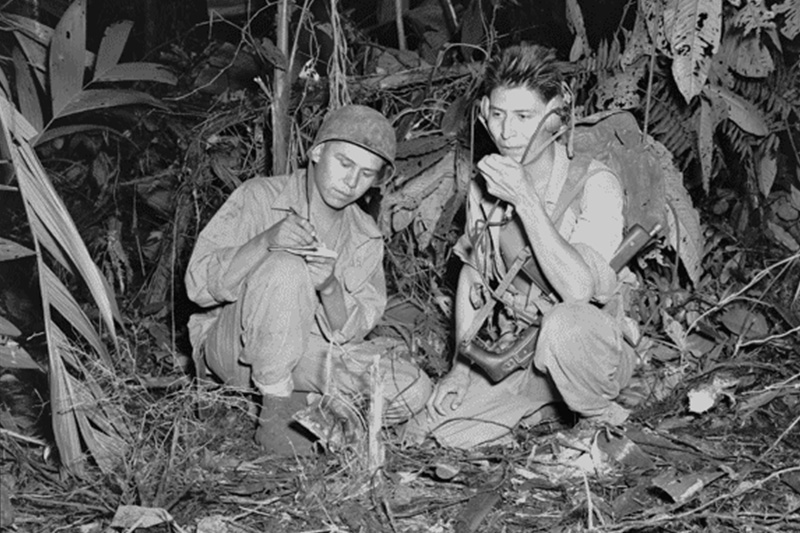Getting Started
Begin your research by brainstorming keywords - the words and phrases you’ll use to search for books, articles, websites, government documents, and other resources. These may include names of people and places or historical concepts like eras and movements. A librarian can suggest “subject headings” to find the most relevant resources.
Example Keywords & Catalog Subject Headings
Special Collections and Archives Resources
The Special Collections and Archives at the Central Library focus on Colorado and the West, including the Tenth Mountain Division, Conservation history, and the history of Denver, and feature many primary source materials.
The Special Collections and Archives at the Blair-Caldwell African American Research Library focus on African American history and culture in Colorado and the West, and also feature many primary source collections.
Items from these two locations do not check out and are available to see during the hours we are open. Our Special Collections staff are available to assist by phone and email and can provide scans of collection items for your project. To determine which of these two locations is best for your project, email history@denverlibrary.org and include "National History Day" in your subject line. You may also call 720-865-1821 (Central) or 720-865-2401 (Blair-Caldwell).
Database/Online Resources
Library databases are online collections of information, organized for research. Databases contain articles, eBooks, images, maps, primary sources and more. If you don’t have a library card, register online for immediate access to these resources.The following recommended databases are available on our Research and Teen Social Studies pages.
U.S. History (Gale)
Provides a complete overview of our nation’s past that covers the most-studied events, decades, conflicts, wars, political and cultural movements, and people from reference sources, full-text magazines, academic journals, news articles, primary source documents, images, videos, audio files and links to vetted web sites.
New York Times Historical Backfile on ProQuest
Contains full-text and images in PDF format of the New York Times from 1851 to three years before current year.
Prospector: Materials from Other Colorado and Wyoming Libraries
As a Denver Public Library customer, you can also borrow materials from other libraries in Colorado and Wyoming. Use Prospector to request materials that DPL does not own.
Internet Sources
Before using information you find on the internet for assignments and research, it is important to establish that the information comes from a reliable and appropriate source. The following websites, from government, academic and nonprofit organizations, have been evaluated for authority, accuracy, content and currency.
Contact the Reference Services department for help with your research project
- Phone us, 720-865-1363
- Chat with us online with the Ask Us! Service
- Meet with us in person or online to work one-on-one with a librarian
